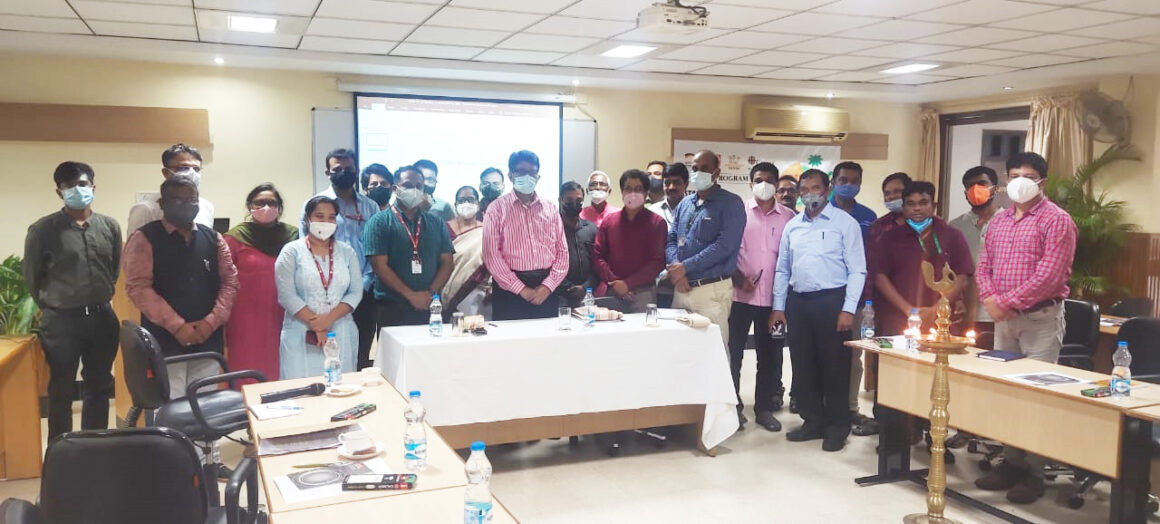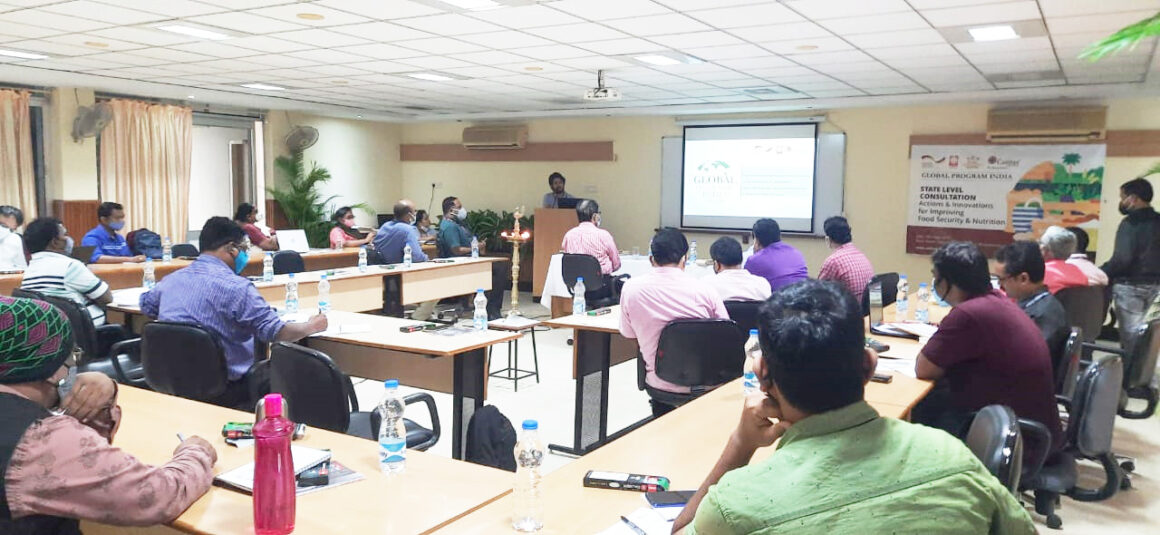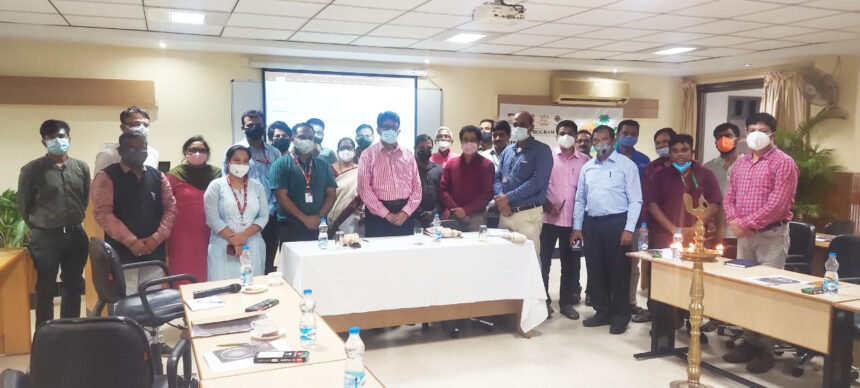The state of Odisha continues to be one of the most underdeveloped and neediest states despite its magnificent natural and human potential. The disaster and emergencies compound poverty in the state. The uneducated (with low cognitive ability) and unhealthy labor force significantly slow down productivity, economy, and growth. Its 23% Scheduled Tribe (ST) and 17% Scheduled Caste (SC) population are the worst victim of unending poverty and marginalization. As a result, the state reels under a poverty and backward tag and figures high in malnutrition, poor health, and hunger map prominently.
The prevalence of stunting and wasting among children less than 5 years of age is 34.1% and 20.4%, respectively. Almost, 8% of children are severely affected malnourished (SAM) and 30% of children fall under Grade I-IV malnutrition. The infant mortality rate (IMR) is 40 and the Maternal Mortality Rate (MMR) is 237. 51% of women aged 15-49 years and 44.6% of children 6-59 months are anaemic in the state. The state does not have a baseline on micronutrient deficiency and obesity situation. The diluted public accountability and poor access and control over food and livelihoods entitlement programs like Targeted Public Distribution Program (TPDS), ICDS Supplementary nutrition program and Mid-Day Meal (MDM) program, and National Rural Employment Guarantee Program do not generate the desired impact on hunger and nutrition.

To address the above challenges, OROSA-Forum under the Global India Program organized a one-day consultation workshop in Odisha aiming to find concrete ways to maximize nutritional benefits from food security interventions in the state.
The consultation was organized in Bhubaneshwar Odisha on 18th September 2021 at Xavier Institute of Management, Bhubaneswar. The key objective of the consultation was to strengthen participants’ skills in understanding food security programs and interventions in Orissa.
Secondly, to share regional examples of successfully integrated food and nutrition security projects, and to identify gaps that would inform future planning. Through this consultation, we also intended to identify pathways to improve food security and nutrition through community-led solutions.
Mr. Pramod Kumar Merkap, Chairman, Odisha State Food Commission, spoke on complaints and Grievance Redressal Mechanisms under National Food Security Act 2013. He shared that the Government of Odisha has become a pioneering state in the country to designate Odisha Information Commission in November 2015 to
exercise powers and perform the functions of the State Food Commission. Sourav Bhattacharjee- Nutrition Specialist UNICEF, shared nutrition initiatives by UNICEF in Odisha. He also shared about the state government initiative namely nutritional budgeting and states progress in reducing undernutrition among its people in the last 10 years. Lastly Mr. Akshya Biswal, State Head, OXFAM Bhubaneswar presented about “Role of civil society in the improvement of nutritional status of Odisha and his recommendations for addressing malnutrition in the state.

Representatives from UNDP, Water aid, OCHA, SWAD Rayagada, SWAD Behrempur, Balasore social service society, Anjalik Jan Seva Anusthan SPADE, Pally Unnayan Samiti were also present on the occasion.

